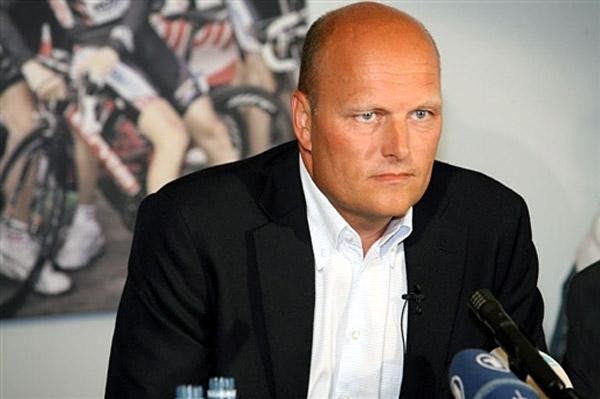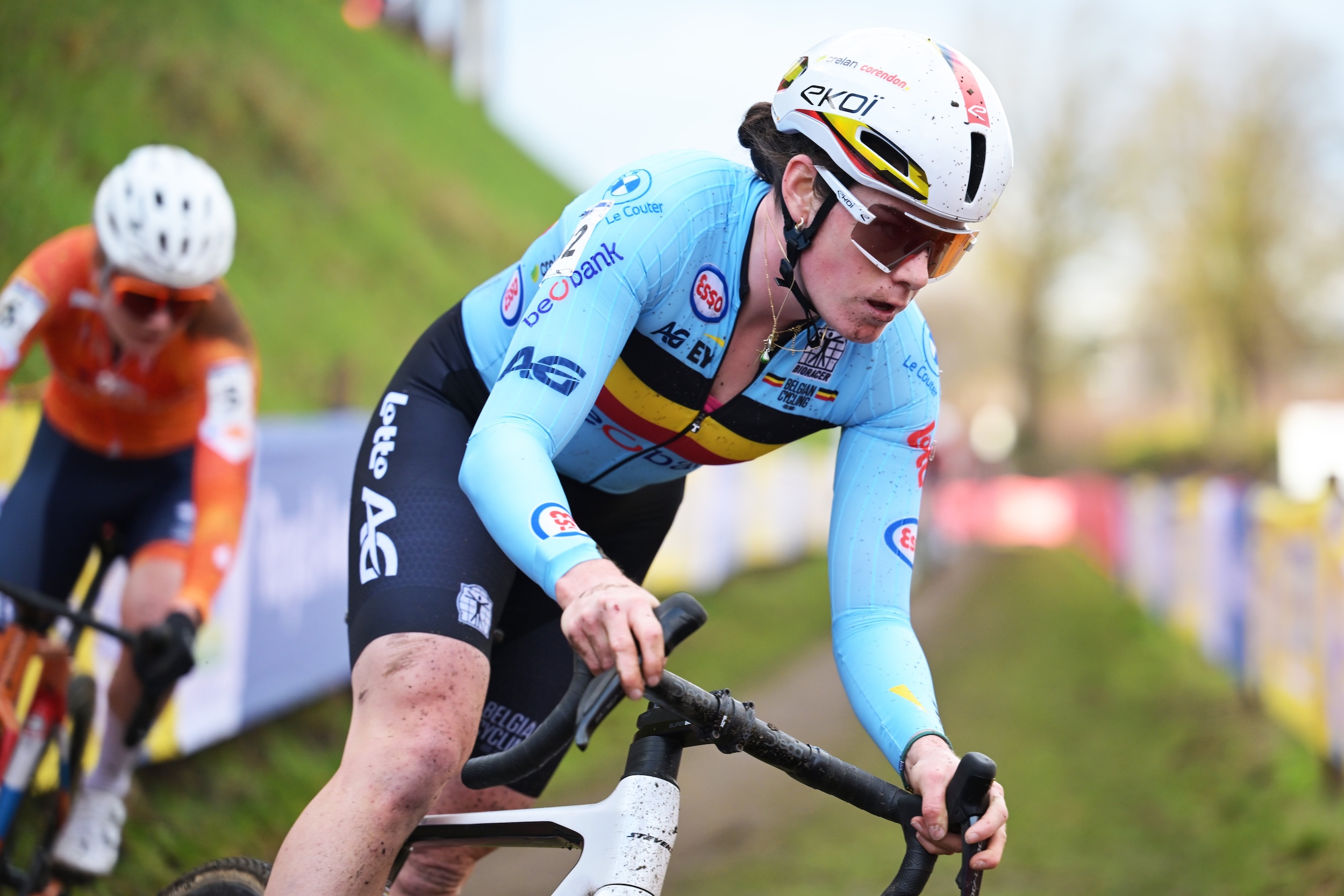Riis confesses doping-tainted career
At a press conference held on Friday at Team CSC's headquarters in Kongens Lyngby, just outside...

At a press conference held on Friday at Team CSC's headquarters in Kongens Lyngby, just outside Copenhagen, the winner of the 1996 Tour de France Bjarne Riis confessed to doping during a period from 1993 to 1998. Cyclingnews' Katharina Schulz covered Riis' public admissions and his pleas for a better future for the sport of cycling:
Bjarne Riis admitted that he took EPO, human growth hormone, and cortisone when he won the Tour de France title in 1996. In those days, however, he said it was part of the game, and that he didn't have a choice. "I was a professional cyclist under the conditions that were given at the time," he said putting in context his claim that he is still proud of his achievements. "I feel good about that victory, even though I didn't earn it in an honest way."
Riis is ready to accept the consequences of his actions and part with his winner's jersey: "My yellow jersey is in a box in my garage at home. You can come and collect it. What matters to me are my memories." With no other way to sanction Riis, the UCI issued a press release Friday in response to Riis' admissions asking for the Tour winner's jersey to be returned .
"The time has come to put the cards on the table," said Riis. "I have done things which I now regret and which I wouldn't do again. I have doped. I have taken EPO. For awhile, it was part if my everyday life," Riis told a huge press crowd that was almost too big for the location. Apparently, CSC had not expected that so many journalists would accept their invitation.
Riis underlined that he was making his statements as an individual, but that it was no tough decision for him to make. "Today I am here to put the past behind me. I am giving this statement as the private person Bjarne Riis. This has not been difficult for me."
He apologised to those he had deceived. "I have lied to myself and others as well. In that respect, of course I want to apologise. I can console myself with the thought that those who know me have faith in me." He never kept his actions secret from his family. They knew he used banned substances, and he added that it is important for him to take personal responsibility for his actions. "Like everyone else, I have made mistakes in my life. Those were my decisions and my mistakes, and I have to take the responsibility."
Read the entire news feature here.
The latest race content, interviews, features, reviews and expert buying guides, direct to your inbox!

